IUPS Awards
IUPS is offering lecture awards for established researchers (presented as named lectures at the IUPS congresses) and travel awards primarily for physiologists in an early phase of their career.
Congress Travel Awards
The IUPS funds Travel Awards for those who have limited funds for attending meetings. Applications from early-career investigators (graduate students, postdoctoral fellows, and junior faculty/researchers) and those from countries with relatively low GDPs (as listed by the World Bank) are strongly encouraged.
For IUPS2025 the application period has already ended. Further applications are not possible
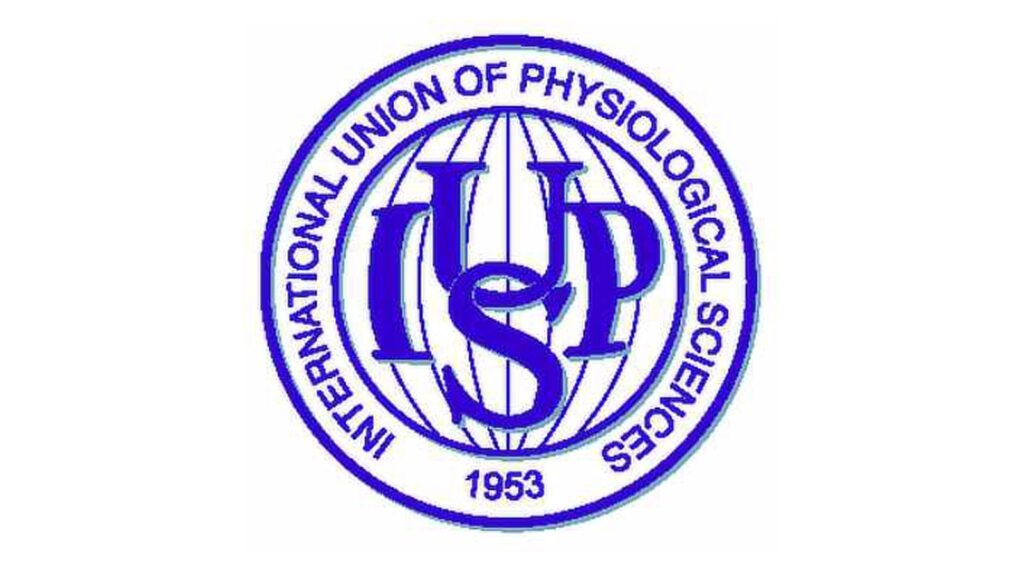
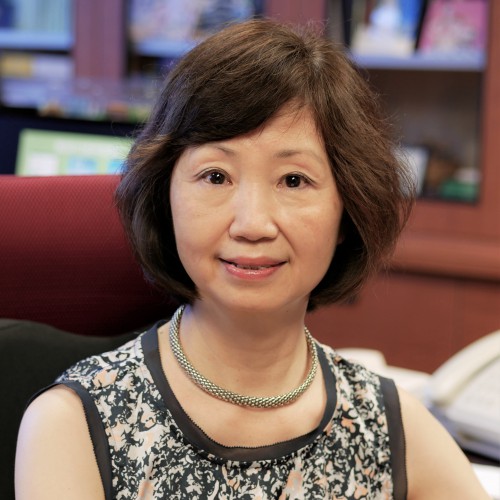
Julie Chan
Julie Chan Prize
IUPS Julie Chan Prize is for physiologists who have contributed to international mentoringand/or career development.
Professor Julie Chan was the first female President of IUPS where she made a significant contribution to physiology leadership. The executive of IUPS decided to honor her many contributions with a prestigious award in her name. The prize is to recognize those who have helped mentor other physiologists and/or worked to help the professional development of physiologists. Applicants can be from any country/region and any career stage, but the panel will consider the extent of engagement and commitment to support and mentoring of young physiologists.
There will be one prize per year of $1,500.
The winner of the Julie Chan Prize 2025 is Prof. Faadiel Essop, PhD Stellenbosch University (Cape Town, South Africa)
More about the winner 2025
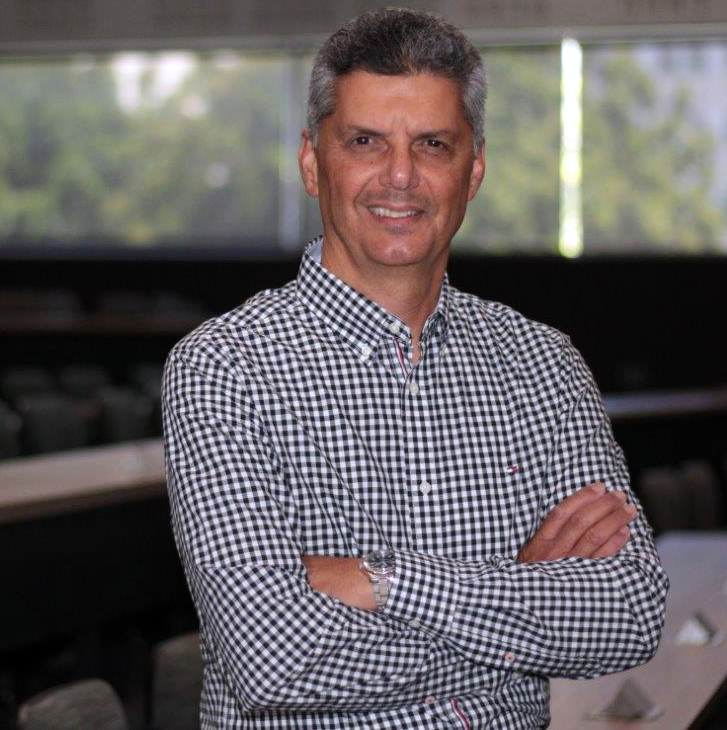
The winner of the Julie Chan Prize 2025 is Prof. Faadiel Essop, PhD
Stellenbosch University (Cape Town, South Africa)
Faadiel Essop
is the Director of the Centre for Cardio-metabolic Research in Africa (CARMA) at Stellenbosch University (Cape Town, South Africa), investigating the effects of chronic stress on cardiometabolic diseases onset.
He completed his PhD at the University of Cape Town and worked as a Fulbright Fellow at the University of Texas-Houston Medical School in the US. Prof. Essop subsequently joined Stellenbosch University as an Associate Professor, where he was promoted to full professor. He was former presidents of the Physiology Society of Southern Africa and the African Association of Physiological Sciences and served as an elected council member of the International Union of Physiological Sciences. He is a Fellow of the American Physiological Society and of the Royal Society of South Africa and an elected Member of the Academy of Science of South Africa.
His mentoring philosophy is centered around holistic development by continuously sharing, reflecting upon, and modeling unique ways of: a) pursuing Physiology research questions i.e. with a deep understanding, critical and creative thinking, b) developing active and student-centered teaching and learning philosophies, c) initiating inter- and transdisciplinary approaches in research and teaching, and d) acting as a transformative leader that inspire and motivate their followers to achieve meaningful change, and allowing for all team members to reach their full potential.
During his academic career he has formally mentored more than 90 students (from various countries), and several others from outside his own laboratory (students and junior faculty), who have since taken up numerous important positions across the world and in a wide variety of occupations.
The winner 2024
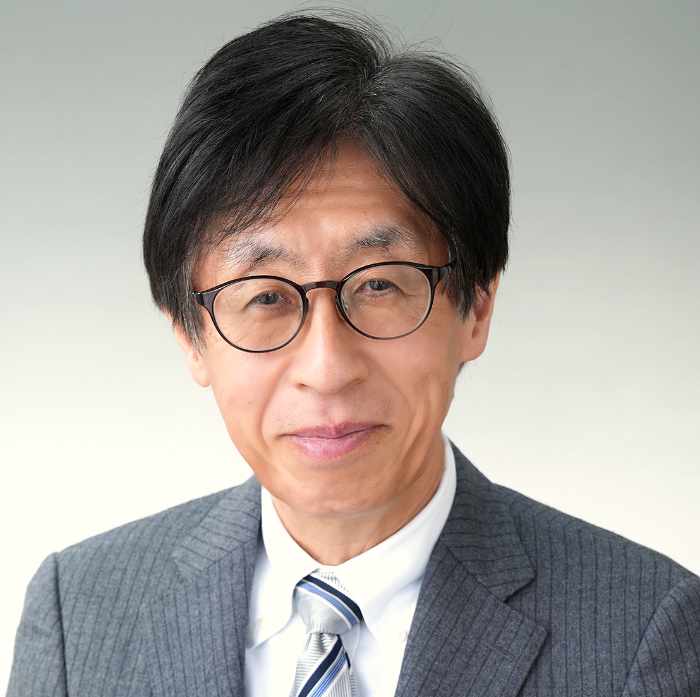
The winner of the Julie Chan Prize 2024 is Prof. Noriyuki Koibuchi M.D., Ph.D., Gunma University, Japan
Noriyuki Koibuchi
is a Vice President (Medical Education and Evaluation) and Professor and Director, Department of Integrative Physiology, Graduate School of Medicine, Gunma University.
He obtained M.D. degree from Gunma University School of Medicine in 1985, and Ph.D. degree from the Institute of Endocrinology, Gunma University in 1989. After completing his postdoctoral training at Rockefeller University New York, he became an assistant professor at Dokkyo University School of Medicine, where he was promoted to Associate Professor. Then he became Visiting Assistant Professor at Harvard Medical School, Boston.
In 2001, he promoted a Professor of Physiology at Gunma University where he currently works. During 3.5 years in the United States and 30 years in Japan as a principal investigator, he mentored more than 40 mentees. Of note, he mentored 18 mentees from abroad including Syria, Indonesia, Iran, Colombia, Nigeria, and China.
IUPS International Early-Stage Faculty Prize for recently appointed physiologists
Being a new faculty/staff member physiologist is an exciting but testing time. The IUPS wants to help physiologists, irrespective of where they are based, and the area of physiology they work in, by awarding a prize.
Physiologists within 10 years of completing their PhD and 7 years of faculty appointment, who have made an excellent contribution to their faculty – quality not quantity, are invited to apply.
There will be up to four prizes per year, of $2,500 each.
The winners of the Early-Stage Faculty Prizes 2025 are:
Dr. Helen Collins
Dr. Francisco J. Amaro Gahete
Dr. Luis Hortells
Dr. Wei-Ting Kuo
Early stage faculty prizes 2025: Call for applications and deadline
The awards panel will consider candidates working in any area of physiology; their departments need not be identified as physiology departments i.e. candidates can be in departments of biomedical sciences, neuroscience etc. Candidates must be within 10 years of completing their PhD and within 7 years of their faculty appointment (this can be increased by up to 2 years for verified career breaks) and their head of department or institution or equivalent, must affirm the periods taken for career breaks on the application form. Candidates will be judged on their contributions to research, teaching and service to disciplines during their faculty tenure.
Please submit the following documents until October 15th (deadline) to laura.davies@iups.org:
-> An abbreviated CV (up to five A4 pages) detailing their chronological academic career, highlighting major achievements across research, teaching and service to the disciplines. The achievements could include, but not limited to, a list of publications (peer reviewed papers, book chapters and edited books, underlining the corresponding author, and including the DOI), grants held, research awards received, teaching contributions, teaching awards received, invited and other contributions to meetings, webinars and similar outputs, public engagement and intramural and extramural academic activities.
-> A statement (up to one A4 page) emphasizing the achievements they are most proud of, and how this distinguishes them, as well as an indication of independence in current research, teaching, and service to disciplines.
-> A cover letter formally stating their application, countersigned by their head of department or equivalent and the names and contact details of two potential referees, who have agreed to be named and act as such.
Selection:
Selection will be performed by the IUPS Awards Panel. The members are Drs. Yoshihiro Kubo (chair), Federico Formenti, Andrew Moorhouse, Karin Sipido, Louis Sobrevia, and Linda Chia-Hui Yu.
The application should be sent to Ms. Laura Davies ( IUPS secretariat) (Email: laura.davies@iups.org ) by the deadline of October 15th, 2025.
More about the EFP winners in 2025
Dr. Helen E. Collins (University of Louisville. Kentucky, USA)
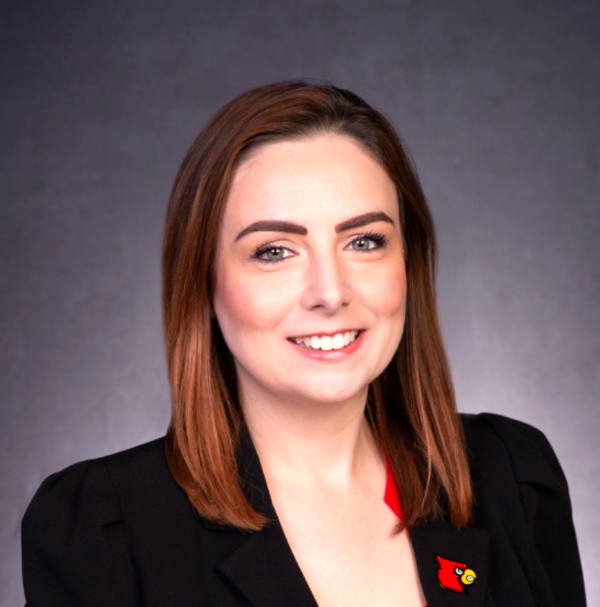
Dr. Helen E. Collins
is an Assistant Professor in the Division of Environmental Medicine in the Center for Cardiometabolic Science at the University of Louisville in Kentucky, USA. Dr. Collins’ laboratory focuses on understanding the mechanisms contributing to female cardiovascular health and resilience. Her group works in the contexts of physiological stressors, such as pregnancy, and pathological stressors, such as myocardial infarction. Currently, NIH-funded studies in the Collins lab address the metabolic mechanisms contributing to pregnancy-induced cardiac growth and its reversal, with a particular emphasis on cardiac glucose and ketone body metabolism. She is active with many scientific societies and serves on the Early Career Committee of the International Society for Heart Research, American Heart Association (AHA) Basic Cardiovascular Sciences (BCVS) Communications Committee, and the AHA BCVS Melvin Marcus Award Committee. She is Consulting Editor for American Journal of Physiology-Heart and Circulatory and serves on the Editorial Boards of Circulation Research, Physiological Reports, and Diabetes. Dr. Collins has received several awards, including a New Investigator Award from the Cardiovascular Section of the American Physiological Society, an AHA Live Fierce Award, Circulation Research Extraordinary Reviewer Award, and was named a Fellow of the American Heart Association (FAHA).
Dr. Francisco J. Amaro Gahete (University of Granada, Spain)
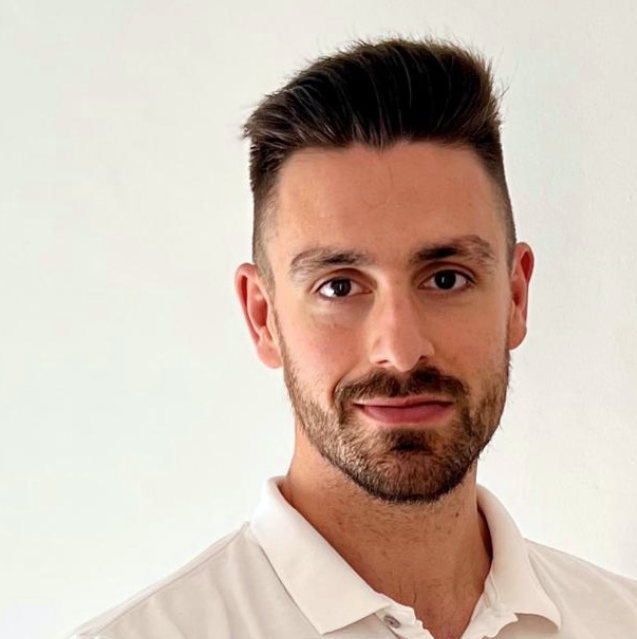
Dr. Francisco J. Amaro Gahete
is an Associate Professor of Medical Physiology at the Faculty of Medicine, University of Granada, Spain. His academic work focuses on understanding how exercise, nutrition, and other lifestyle-based interventions can be investigated from a physiological perspective and translated into strategies to prevent and treat chronic disease.
He leads an independent research group dedicated to studying the systemic and molecular adaptations induced by exercise and nutritional interventions across the lifespan. His research has addressed key questions in ageing, cardiometabolic health, obesity, cancer, and exercise chronobiology. During his PhD training, he led a randomized controlled trial, which identified an increase in circulating S-Klotho protein as a novel mechanism underlying the health benefits of exercise during ageing. More recently, he has been involved in large multicenter clinical trials examining lifestyle interventions in obesity (and related disorders) and cancer, with findings published in leading international journals.
In parallel with his research activity, Dr. Amaro-Gahete is strongly engaged in teaching, supervision, and academic service. He has supervised 8 PhD theses, secured competitive funding as principal investigator, and regularly contributes to international conferences, peer review, and scientific outreach. His work is guided by a translational view of physiology, with the aim of bridging experimental evidence and real-world clinical practice.
Dr. Luis Hortells (University of Tromsø, Norway)
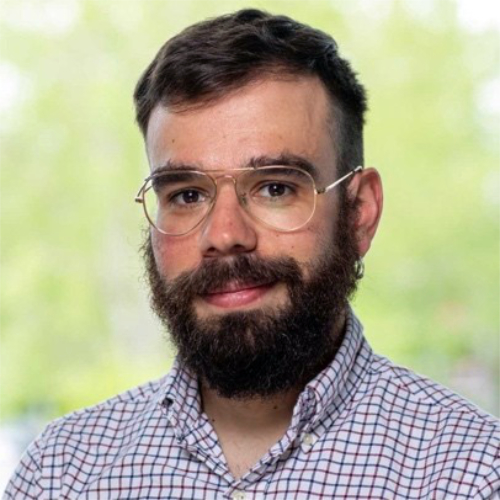
Dr. Luis Hortells
is an Associate Professor of Medical Biology at the Faculty of Health of the University of Tromsø, Tromsø, Norway. Luis studies cardiac pathology and aging of the peripheral nervous system, merging genetics, transcriptomics, cell-cell interaction, and full-organ physiology studies. His works have been published in peer-reviewed journals such as: Kidney International, PNAS, Nature communications, and American Journal of Physiology.
In addition, Luis has taught toxicology and currently teaches physiology and molecular mechanisms of cardiac disease and aging. He is also deeply invested in mentoring future generations of scientists.
Luis has been awarded with different fellowships (Arnold Strauss, American Heart Associated Postdoctoral Fellowship, and others) and has secured internal (IMB-UiT) and third-party funding (Norwegian Research Council, Blix Family fund, and others) from different organisms in the US, Spain, and Norway.
Dr. Wei-Ting Kuo (National Taiwan University)
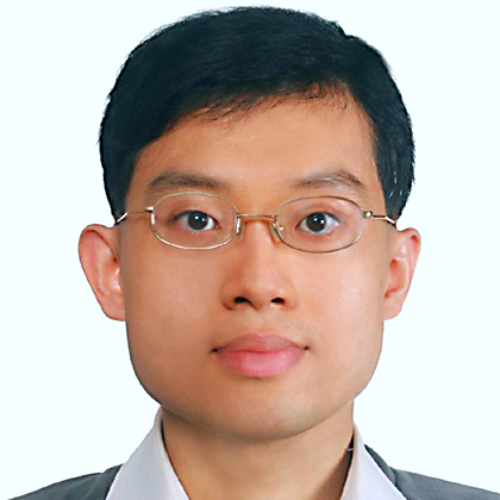
Dr. Wei-Ting Kuo
is an Assistant Professor at the Graduate Institute of Oral Biology, College of Medicine, National Taiwan University (since 2021). He directs a mechanism-driven laboratory in alimentary physiology that studies how epithelial tight-junction proteins, occludin and ZO-1, govern inflammation, carcinogenesis, and mucosal repair in the gastrointestinal and oral epithelium. His group has discovered key non-barrier functions, such as occludin-mediated control of caspase-3-dependent epithelial apoptosis and ZO-1 regulation of mitotic spindle orientation and post-injury proliferation via cytoskeletal and Wnt pathways, and is applying these findings to barrier-protective strategies (for example, FKBP8/MLCK in Crohn’s disease). Dr. Kuo has produced 33 peer-reviewed publications (h-index 19), gives international presentations, and is dedicated to mentorship, innovative graduate teaching, and professional service through peer review, seminar programming, and society leadership.
The EFP winners in 2024
Dr. Ya-Tin Lin (Taipei Medical University, Taiwan)
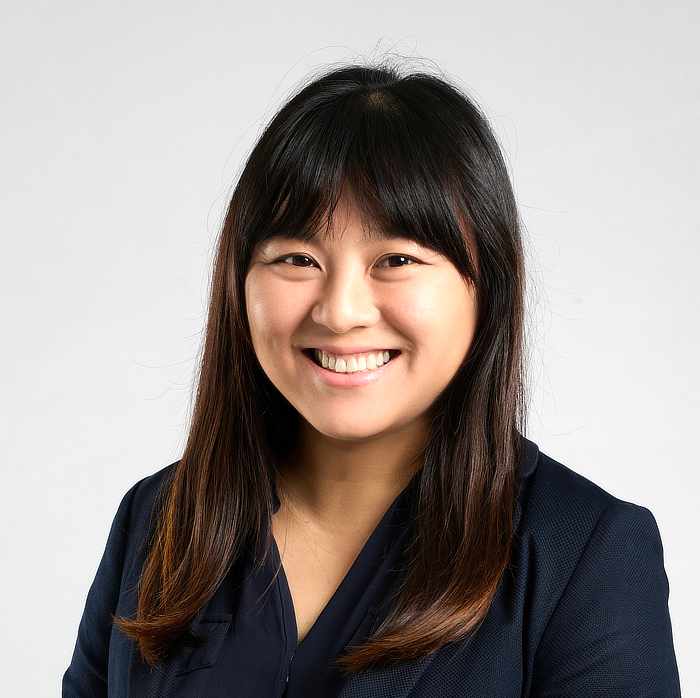
Dr. Ya-Tin Lin
is an Assistant Professor at the Graduate Institute of Metabolism and Obesity Sciences, College of Nutrition, Taipei Medical University, Taiwan. She leads a research team focusing on the neuronal regulation of metabolism, with an emphasis on the role of neuropeptides in metabolic disorders such as obesity and diabetes. Her team investigates how the central nervous system modulates metabolic health, aiming to uncover molecular mechanisms that could inspire innovative therapeutic strategies. In addition to her work on obesity and metabolism, she is also interested in studying pain transmission and regulation. Beyond her research, Dr. Lin is deeply committed to mentoring students and fostering the next generation of scientists. She also serves as the Secretary-General of the Chinese Physiological Society (CPS), actively organizing academic events and promoting physiological education and research in Taiwan.
Dr. Konstantinos Palikaras (National and Kapodistrian University of Athens, Greece)
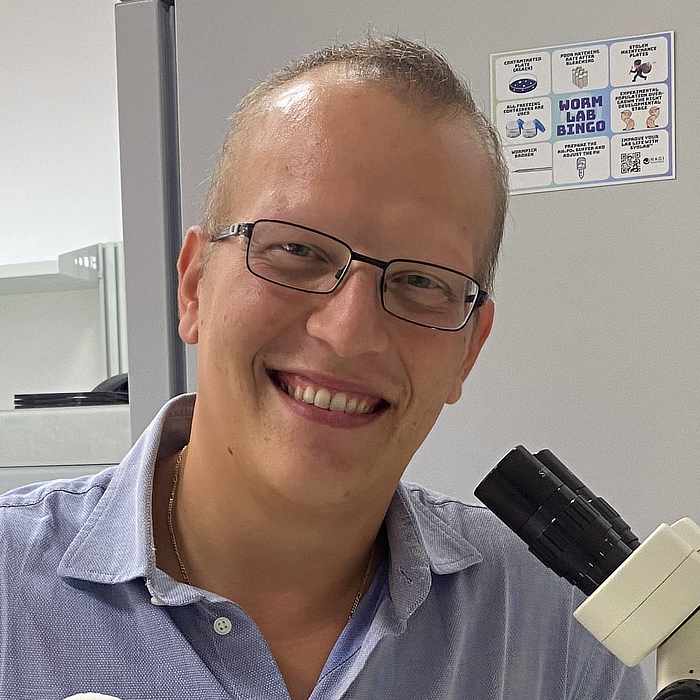
Dr. Konstantinos Palikaras
is Assistant Professor of Experimental Physiology at the Medical School of the National and Kapodistrian University of Athens, in Athens, Greece. He is a molecular biologist who has great experience in energy metabolism, autophagy and ageing. His research focuses on studies of autophagy, mitophagy and cellular homeostasis investigating the role of energy metabolism in neuronal physiology and survival. For his scientific accomplishments, Konstantinos Palikaras has received several notable scientific prizes including ERC Starting Grant (2022) and selected Fellow of the Young Academy of Europe (2024; https://yacadeuro.org/palikaras/).
He is also the recipient of the Cells 2023 Young Investigator Award (https://www.mdpi.com/journal/cells/awards/2187) and the “Fotis Kafatos” Award for excellence in biology from Hellenic Society of Bioscientists.
Dr. Lingyan Shi (University of California San Diego, USA)
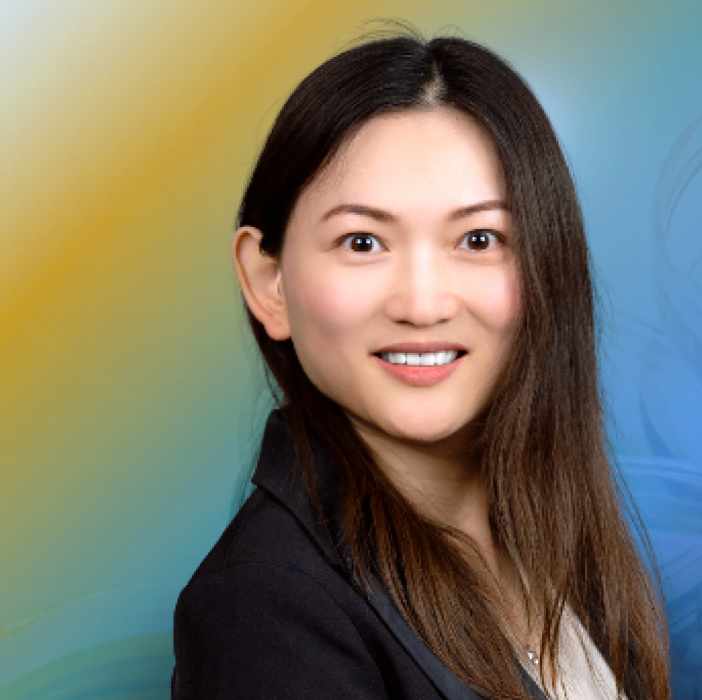
Dr. Lingyan Shi
Her research focuses on advancing imaging technologies to address key challenges in the study of metabolic alterations under physiological and pathological conditions in living organisms. Her scientific contributions include developing the A-POD super resolution SRS nanoscopy, the PRM-SRS hyperspectral multiplex imaging platform, and the DO-SRS metabolic microscopy which paved the way for investigating chemical and biomolecular changes in living systems at subcellular resolution. By offering a label free and non-invasive imaging approach, this metabolic nanoscopy enables a deeper understanding of the molecular mechanisms underlying physiological processes and disease development such as Alzheimer’s dementia, cancer, and diabetic complications.
Shi has also been deeply committed to mentoring, diversity initiatives, and serving the scientific community through leadership roles in SPIE (Conference Chair), npj Imaging (Associate Editor), and the upcoming Gordon Conference in Switzerland (co-Chair).
Dr. Nilanka Wickramasinghe (University of Colombo, Sri Lanka)
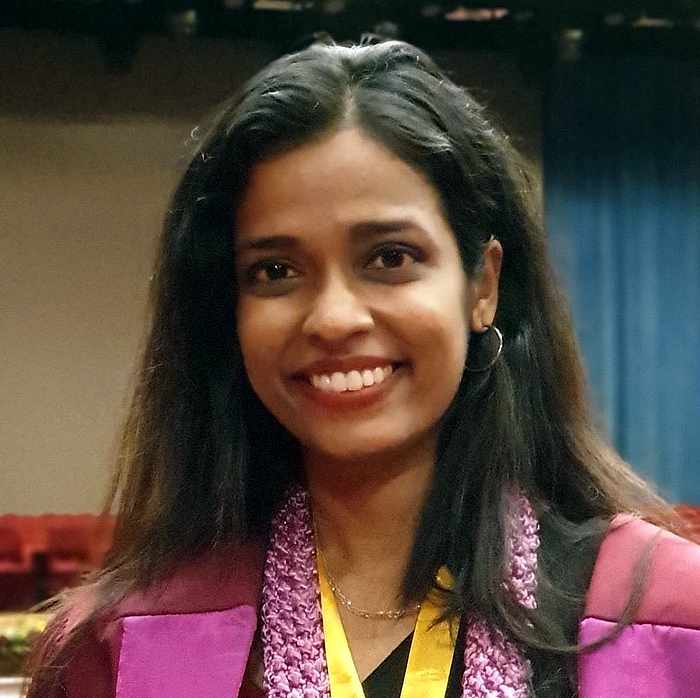
Dr. Nilanka Wickramasinghe
is a lecturer in the Department of Physiology, Faculty of Medicine, University of Colombo, Sri Lanka. Following her MBBS, she obtained her M.Sc. in Human Nutrition and her PhD in gastrointestinal (GI) physiology. She is currently a co-in-charge of the GI physiology research laboratoryat her department and provides the service of performing GI manometry (oesophageal and anorectal), pH impedance studies, and biofeedback therapy for dyssernergic defecation for the National Hospital of Sri Lanka, which is the largest hospital in Sri Lanka.
She has won two President awards in Scientific Research before the age of 30, has a patent & numerous publications in indexed journals, and authored books for both medical students as well as the general public on physiology.
The EFP winners in 2023
The winners of the Early-Stage Faculty Prizes 2023
were Dr. Rosemary Brown, University of Otago, New Zealand, Dr. Antonios Chatzigeorgiou, University of Athens, Greece, Dr. Thomas A. Jepps, University of Copenhagen, Denmark and Dr. Taylor Dick, University of Queensland, Australia. Congratulations!!
IUPS Named Lectures
There are currently seven “named” lectures which are funded by IUPS and form an integral part of the IUPS congresses. The awardees are selected by the IUPS ExCo and some of the IUPS commitees respectively in agreement with the programme committee. Self nominations are not applicable.
President’s Lecture
The speaker of the president’s lecture is nominated by the president of IUPS to acknowledge the work of an outstanding physiologist by IUPS.
Wallace Fenn Lecture, nominated by IUPS Council AND endowed by the Wallace Fenn Fund
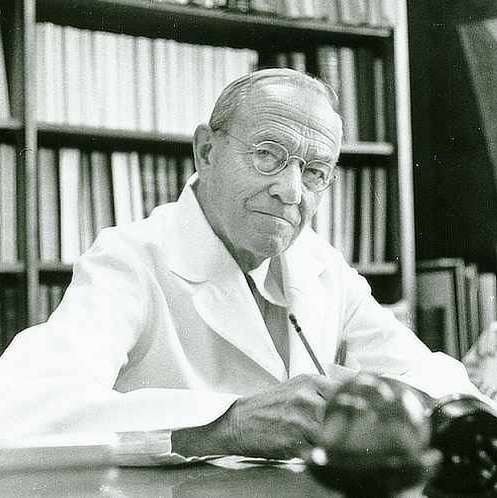
Wallace Fenn
was instrumental in the founding of the IUPS in 1953. He served as Secretary General from 1959 to 1965, and President from 1968 to 1971. He is the editor of History of the International Congresses of Physiological Sciences, 1889-1968. His work on muscle physiology is recognized in the “Fenn Effect”, which is the relation between the energy liberated and the work done during contraction. (text: Denis Noble)
Reference: Rall, J.A. Sense and nonsense about the Fenn effect. Am J Physiol 1982 Jan;242(1):H1-6. doi: 10.1152/ajpheart.1982.242.1.H1.
Ernst Knobil Lecture, nominated by IUPS Commission III (Endocrinology)
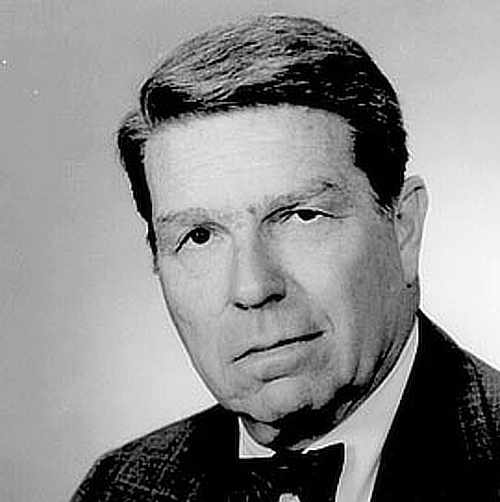
Ernst Knobil
was 1st Vice President of the IUPS from 1997 to 2001. His work provided the basis for current understanding of the female reproductive system. His work enabled the development of the world’s first hormonal contraceptives. (text: Denis Noble)
Reference: Knobil and Neill’s Physiology of Reproduction (Third Edition) Copyright © 2006 Elsevier Inc.
Photo: Med.uth.edu. 2020. [online] Available at: <https://med.uth.edu/wp-content/uploads/2015/12/profile-Ernst-Knobil.jpg> [Accessed 19 August 2020].
T. P. Feng Lecture, established by a donation from his daughter, Jane Feng, to support a distinguished lectureship in the field of “nerve, muscle and synapse”
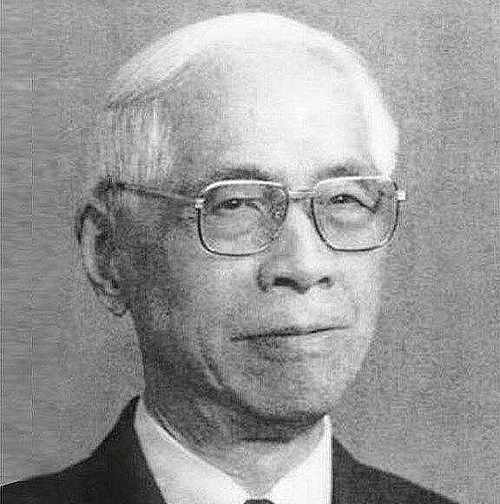
Te Pei Feng
is considered one of the founders of modern Chinese neuroscience and physiology. He worked at University College London with the Nobel Prize winner, A V Hill, and also at the Universities of Cambridge (with E D Adrian) and Oxford (with J C Eccles). His research included the physiology of the neuromuscular junction and synaptic plasticity in central nervous system synapses. He became a President of the Chinese Physiological Society. (text: Denis Noble)
Schmidt-Nielsen Lecture, funded by a donation from the former International Conferences on Comparative Physiology and the Journal of Experimental Biology. The lecturer is nominated by IUPS Commission VII (Comparative Physiology).
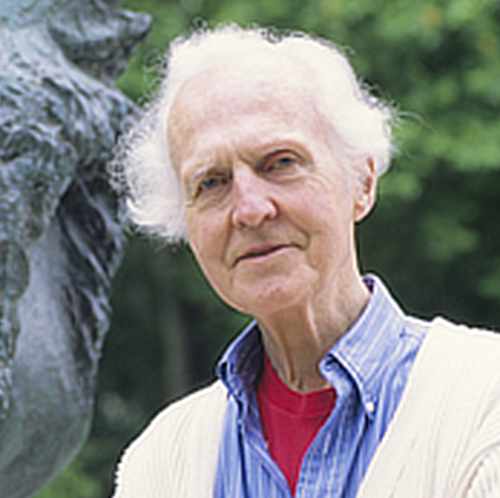
Knut Schmidt-Nielsen
was President of the IUPS from 1980 to 1986. He is the founding editor of News in Physiological Sciences (now known as Physiology). He is regarded as the father of comparative physiology and integrative biology. (text: Denis Noble)
Reference: Vogel, S. (2008). “Knut Schmidt-Nielsen. 24 September 1915 — 25 January 2007”. Biographical Memoirs of Fellows of the Royal Society. 54: 319–331. doi:10.1098/rsbm.2008.0010
Photo: Images.the-scientist.com. 2007. Knut Schmidt-Nielsen Dies. [online] Available at: <https://images.the-scientist.com/content/images/articles/52931/52931.jpg> [Accessed 19 August 2020].
Winners of the Knut Schmidt Nielsen award (since 2009)
:2009 – Brian Barnes
2013 – Barbara Cannon
2017 – Duncan Mitchell
2022 – Roger Seymour
Robert Pitts Lecture, nominated and funded by the Renal Section of Commission V.
Robert Pitts
helped provide a fundamental understanding of the way the kidneys excreted acidic wastes and thereby maintained the body’s delicate biochemical balance between acidic and alkaline states. He is also known for his work on the organization of the Respiratory Center (the title of his publication in Physiological Reviews) (text: Denis Noble)
Reference: http://www.nasonline.org/publications/biographical-memoirs/memoir-pdfs/pitts-robert.pdf
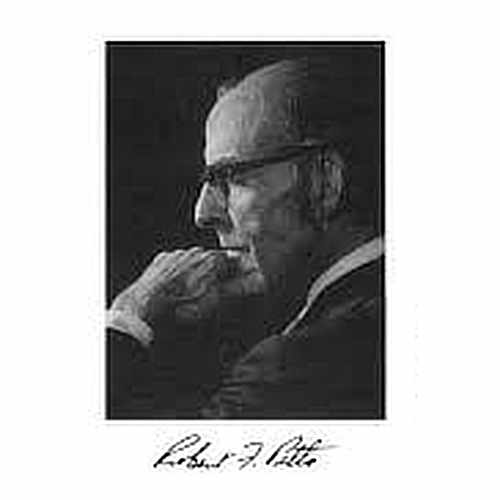
August Krogh Lecture , funded and nominated by the Scandinavian Physiological Society
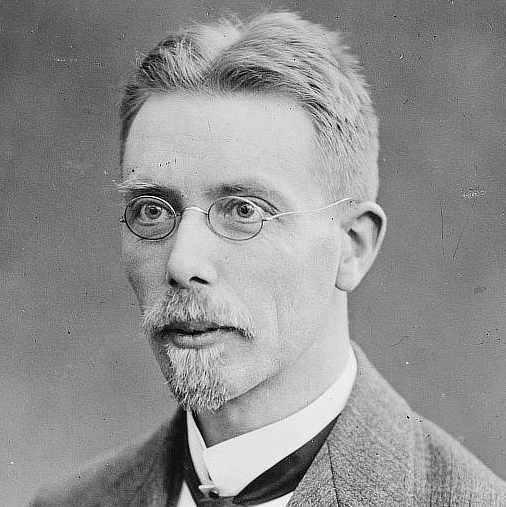
August Krogh
is the 1920 Nobel Laureate for Medicine or Physiology for the discovery of the mechanism of regulation of the capillaries in skeletal muscle. He was a pioneer in comparative physiology with publications on The Respiratory Exchange of Animals and Man (1916), Osmotic Regulation in Aquatic animals (1939) and The Comparative Physiology of Respiratory Mechanisms (1941). (text: Denis Noble)
Reference: “August Krogh (1874-1949) the physiologist’s physiologist”. JAMA: The Journal of the American Medical Association. 199 (7): 496–497. 1967. doi:10.1001/jama.199.7.496. PMID 5335475
Photo: Upload.wikimedia.org. 2020. August Krogh. [online] Available at Wikipedia [Accessed 19 August 2020].
Winners of the August Krogh Award since 1986:
Kjell Johansen (1986)
Else Kay Hoffmann (1989)
Axel Michelsen (1993)
Bengt Saltin (2001)
Roy Edwin Weber (2005)
Tobias Wang (2009)
Patrik Rorsman (2013)
Christian Aalkjaer (2017)
Angela Fago (2023)